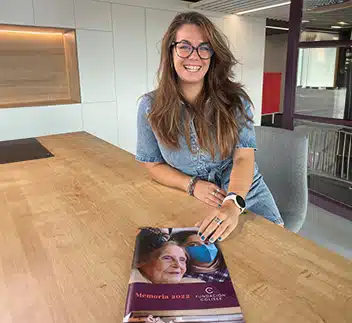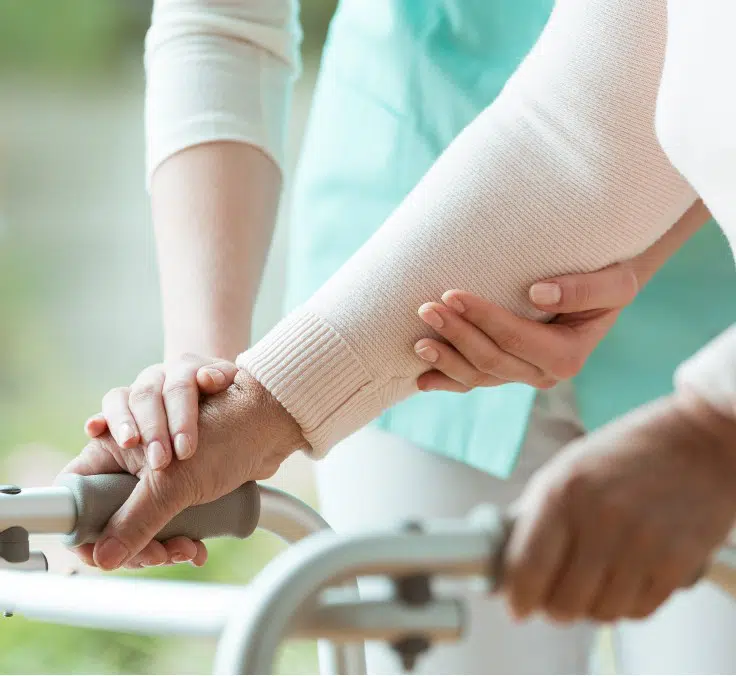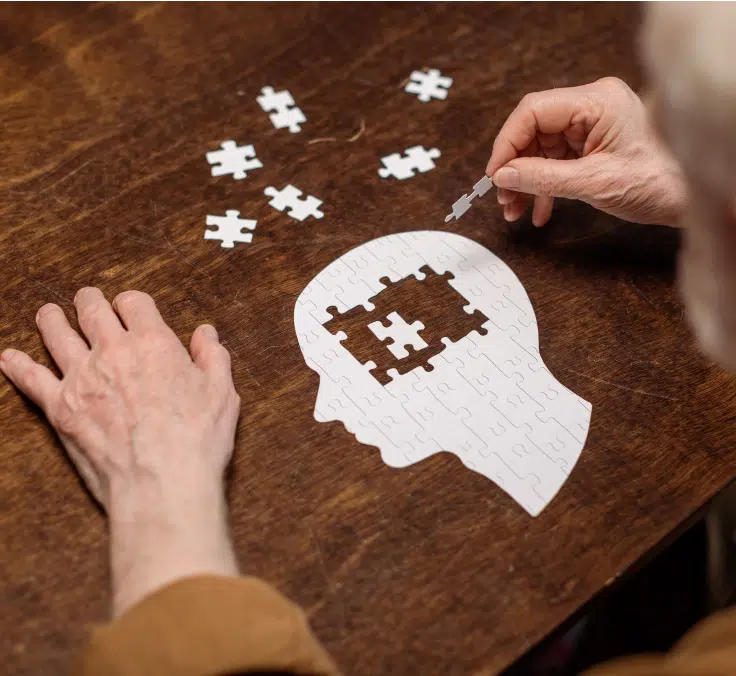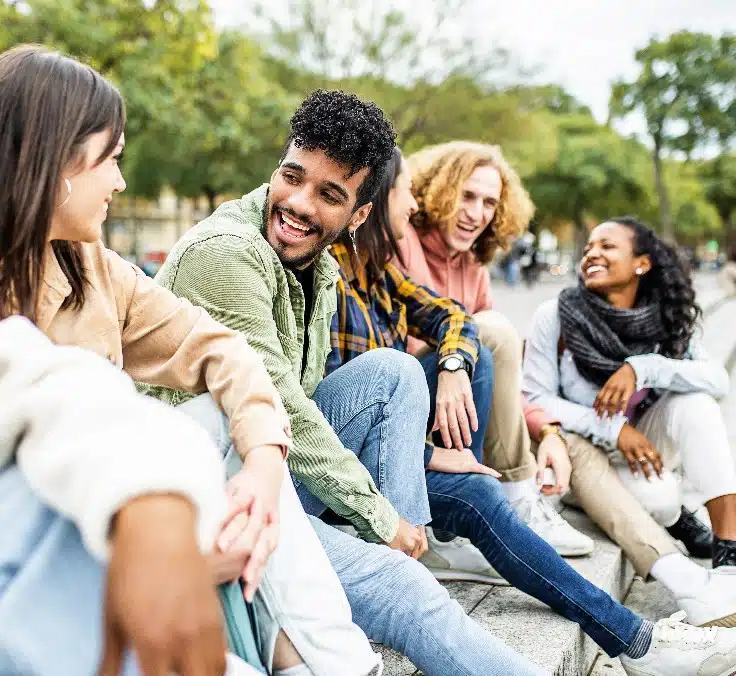SUSTAINABILITY| 06.11.2024
Addressing Elderly Loneliness
Unwanted solitude has become a growing sentiment, particularly among the elderly who are disproportionately impacted by the digital divide and the isolation of rural living. In response to this issue, Fundación Colisée annually supports over a thousand seniors, encouraging healthy and engaged aging.
 One of the primary factors in preventing older adults from feeling isolated is engaging in dialog and practicing active listening. It’s through these interactions that we can brighten their days and reignite their zest for life. Paula Jimeno (Cuenca, 1997), a psychologist and coordinator of the Rural Action Network program at Fundación Colisée, holds this belief. This program aims to address the silent epidemic of loneliness affecting seniors in rural areas by fostering social connection and a sense of community.
One of the primary factors in preventing older adults from feeling isolated is engaging in dialog and practicing active listening. It’s through these interactions that we can brighten their days and reignite their zest for life. Paula Jimeno (Cuenca, 1997), a psychologist and coordinator of the Rural Action Network program at Fundación Colisée, holds this belief. This program aims to address the silent epidemic of loneliness affecting seniors in rural areas by fostering social connection and a sense of community.
What does “unwanted solitude” mean, and what do you believe has fueled its rise?
This term refers to situations where individuals involuntarily find themselves isolated or experiencing loneliness, often due to the loss of a loved one or their relocation to another city in pursuit of better job prospects. The primary catalyst for this phenomenon has been the pandemic, compounded by the increasing prevalence of technology, which diminishes face-to-face interactions and widens the digital gap between older generations, exacerbating their social isolation. Additionally, the migration from rural to urban areas contributes to this problem and exacerbates the depopulation of Spain's rural regions.
How do you think loneliness affects physical and emotional well-being?
Research has shown a direct link between loneliness and emotional well-being, leading to heightened anxiety symptoms and even the onset of psychiatric conditions. In addition, loneliness often triggers low self-esteem, causing individuals to feel inadequate and subsequently withdraw from social interactions. Physically, numerous scientific studies now demonstrate an immunological correlation, as reduced activity levels weaken joints and severely impact language production due to limited daily conversations. And both actual and perceived social isolation have been associated with increased premature mortality, highlighting the urgent need for intervention.
How do you foster socialization?
Our mission is to facilitate successful, healthy, and active aging for individuals at every life stage, turning this journey into a positive experience and an opportunity for personal growth. We offer personalized interventions, adapting to each person's needs. From guiding them through making a video call to helping them schedule a medical appointment, we accompany them and engage in conversation. Our goal is to promote personal autonomy while also encouraging closer connections with their immediate community, thereby eliminating barriers and enhancing overall social well-being.
The Rural Action Network program evaluates and identifies instances of loneliness in rural areas. What activities does it encompass? What are you finding?
Initially, we noticed a lack of support in rural regions, where the population is aging, prompting us to initiate the Rural Action Network program. This initiative aims to establish a support network to assist older individuals in remaining in their rural communities, particularly in the Rincón de Ademuz region of the Community of Valencia. Here, we offer services and support to counteract this issue. Currently, we have a substantial number of beneficiaries. We’ve observed that people often struggle to acknowledge their feelings of loneliness due to lingering societal prejudices. Many people perceive loneliness as a form of rejection or feeling unloved by their community, although this isn’t always the case.
What societal challenges must we confront to stem this phenomenon?
We live in an increasingly individualistic society, often prioritizing personal independence over community connection. Technology has also contributed to a decline in face-to-face interactions, exacerbating the problem. I believe our societal challenge lies in fostering a stronger sense of community, in which people feel genuinely connected to something larger than themselves. By doing so, we can build stronger bonds of cooperation, enabling us to better understand and alleviate the loneliness experienced by others. There's no greater satisfaction than hearing from someone you’ve helped that you’ve brightened their day and rekindled their will to live.
How can people who want to help get involved in these projects?
We have a program called “Recibe Más” (“Receive More”), which is a volunteer network where people visit rest homes and other centers at least once a week to provide companionship to the elderly and participate in activities. These activities involve both older adults and people of all ages, including adults and children.
The feeling of loneliness is also growing among young people. What do you think is happening?
We’ve all experienced loneliness at some point. It happens in all stages of life. However, older adults are more vulnerable due to age-related functional losses and lack the same resources as younger people. The truth is, we often struggle to be comfortable with ourselves and fear being alone. It’s something worth reflecting on.
How can companies like MAPFRE help alleviate this psychosocial issue?
Companies such as MAPFRE can contribute in several ways, such as collaborating with social organizations through corporate volunteering activities that promote community building and sharing experiences. Highlighting social issues by giving a platform to expert voices also enables us to showcase the projects we’re involved in, like those managed by Fundación Colisée. Through these efforts, we can further our mission and expand our reach to help more people in more parts of the country.
RELATED ARTICLES:




